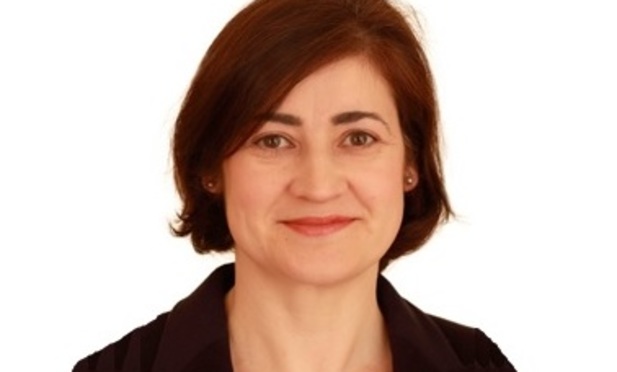Based on the briefs they submitted on Monday (24 August), the Securities and Exchange Commission (SEC) and the Bank of America (BoA) heard two different orders from Manhattan federal district court Judge Rakoff on 10 August, when he told both sides to supply additional details on the preparation of BoA’s proxy and disclosure materials for its September 2008 merger with Merrill Lynch. The SEC’s 38-page brief included some of those specifics. Bank of America’s 30-page filing focused instead on arguing BoA’s innocence.
When Rakoff refused to approve the proposed $33m (£20.1m) settlement of SEC charges that BoA failed to inform shareholders that it had agreed to pay billions of dollars in bonuses to Merrill Lynch employees in advance of their merger, he said he wanted to know more about the role of outside counsel in the drafting of disclosure materials. The SEC brief, signed by associate regional director David Rosenfeld, essentially says that Wachtell Lipton Rosen & Katz (representing BoA), Shearman & Sterling (for Merrill) and BoA’s in-house lawyers decided exactly what to put in and what to keep out of the merger agreement and proxy statement – including the decision to disclose Merrill’s bonus program in a non-public “disclosure schedule” that was not mentioned in the merger agreement or the proxy statement.






